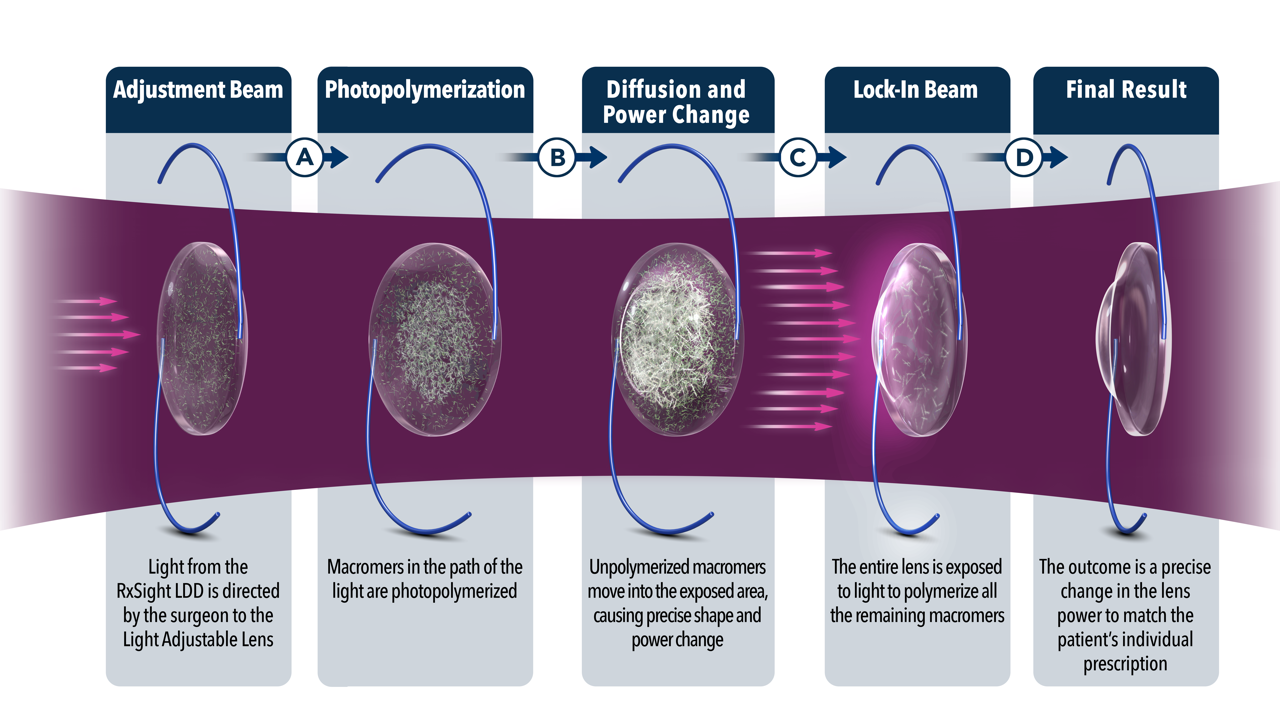Premium Lens Implants
 A wide range of replacement lenses are available to cataract patients, each offering different advantages for post-surgery vision. The most effective lens to use depends on the patient's individual preferences and goals for their vision. The lenses eliminate the need for glasses or contacts after cataract surgery, providing most patients with convenient, effective results for their specific vision conditions.
A wide range of replacement lenses are available to cataract patients, each offering different advantages for post-surgery vision. The most effective lens to use depends on the patient's individual preferences and goals for their vision. The lenses eliminate the need for glasses or contacts after cataract surgery, providing most patients with convenient, effective results for their specific vision conditions.
Advanced technology IOLs - also known as premium lenses - are designed to address a broader range of visual needs. These include toric lenses for astigmatism correction, multifocal lenses for near and distance vision, and adjustable lenses that can be fine-tuned top optimize your vision postoperatively.
RxSight Light Adjustable LensTM
Among premium lenses, the Light Adjustable Lens (LAL) stands out as the only intraocular lens that allows both you to customize your vision after cataract surgery. This unique adjustability enables a personalized visual outcome tailored specifically to your eyes. In an FDA clinical study involving 600 participants, patients who received the Light Adjustable Lens were twice as likely to achieve 20/20 vision without glasses compared to those who received a standard monofocal IOL.
Multifocal IOL
Multifocal IOLs have been implanted since the 1990s and steady improvements have been made in manufacturing over the subsequent decades. These IOLs allow for greater range of vision and less dependence on reading glasses than a traditional monofocal IOL. There are several types of multifocal IOL available and your surgeon will help you determine which IOL might be best suited for you eye(s) based on your vision goals.
Toric IOL
Astigmatism is a very common type of refractive error. Regular astigmatism can be treated with glasses, contact lenses, refractive surgery (e.g. LASIK) and cataract surgery. Eliminating astigmatism improves vision and by treating astigmatism with cataract surgery (by implanting a toric IOL), you will have less dependence of glasses after surgery. In most cases, treating the astigmatism allows you to only need over-the-counter reading glasses for near work. There are even scenarios where glasses are not needed at all after surgery.
Additional Resources
